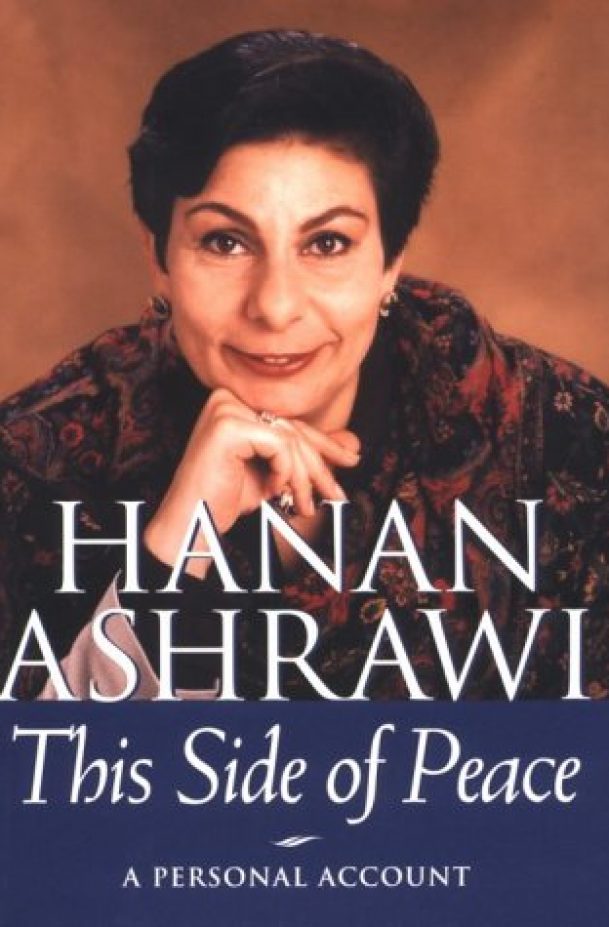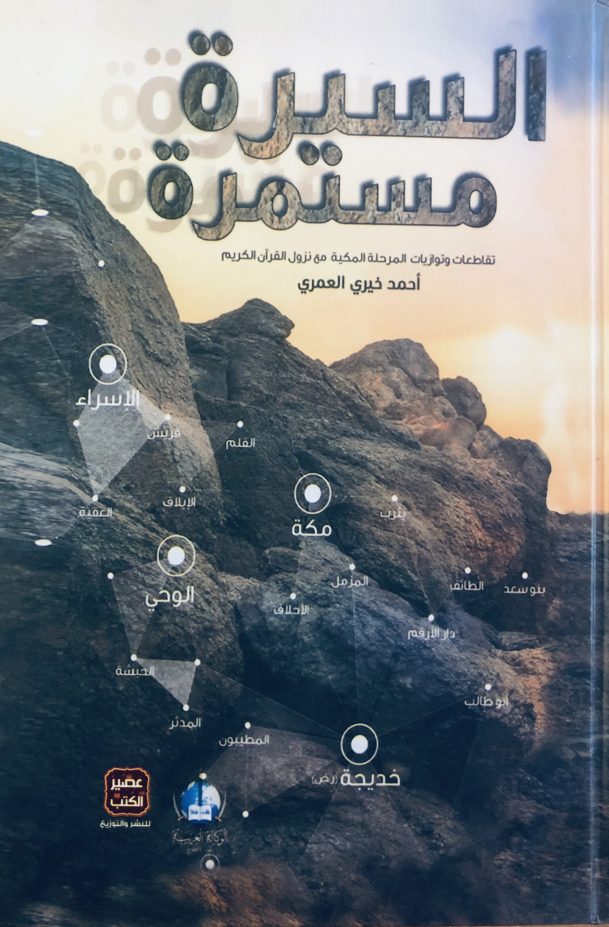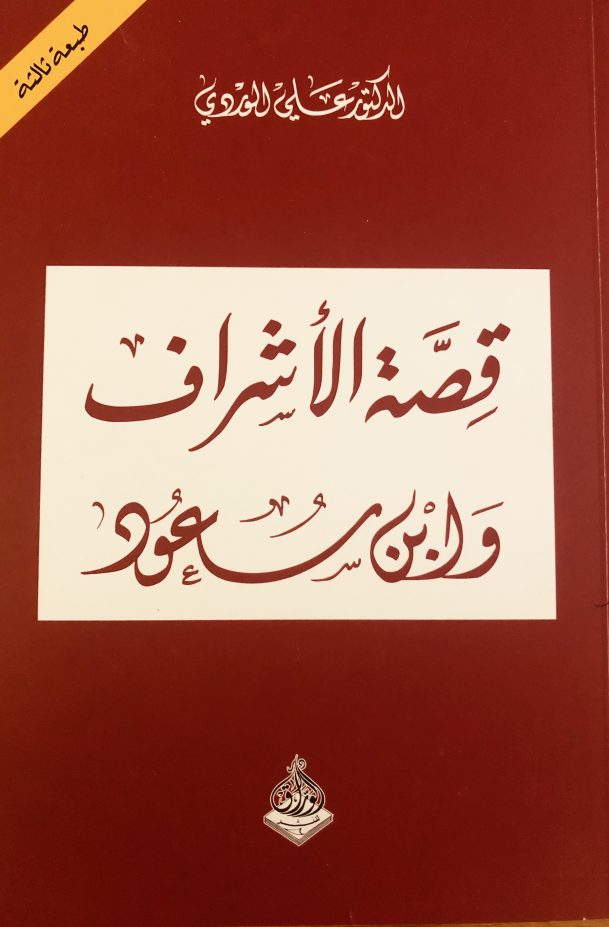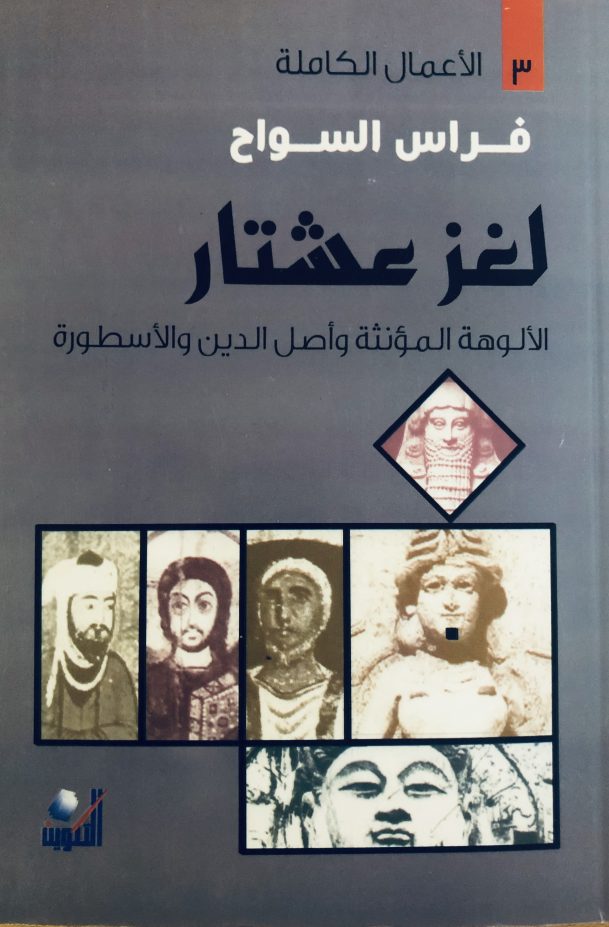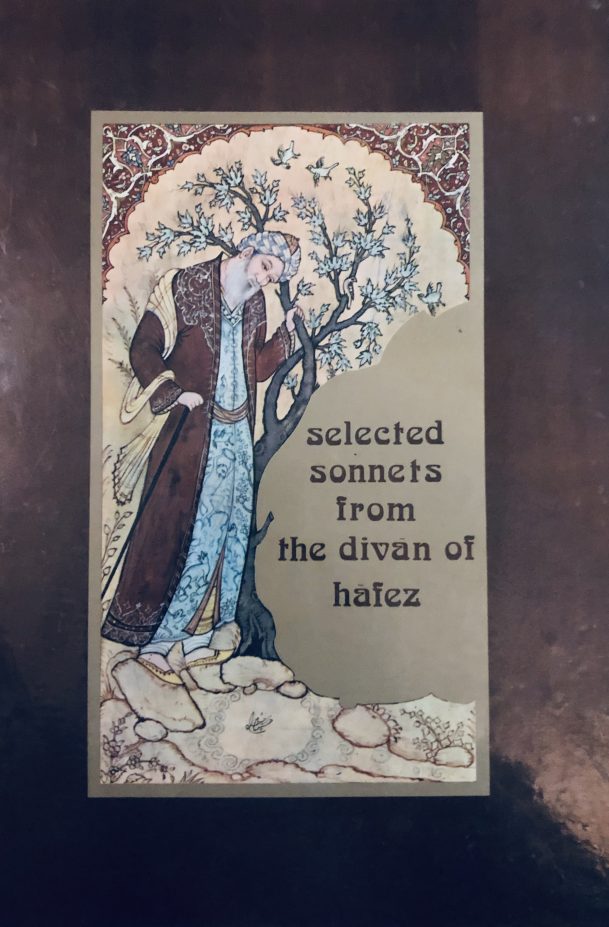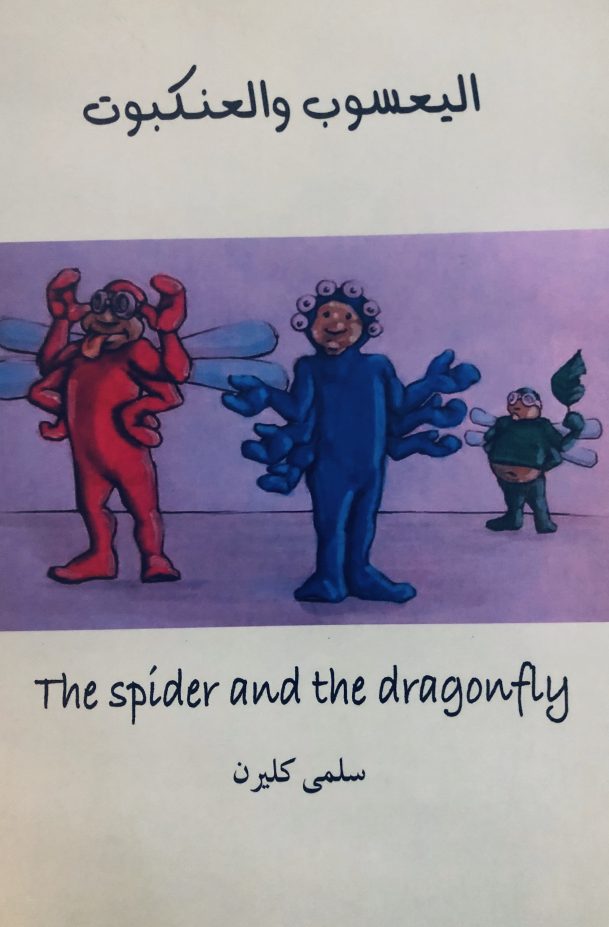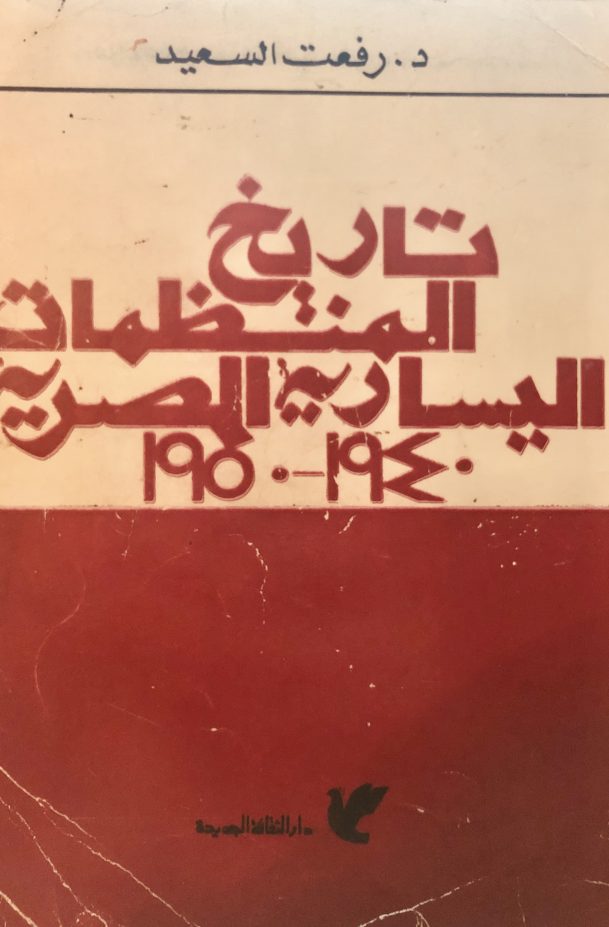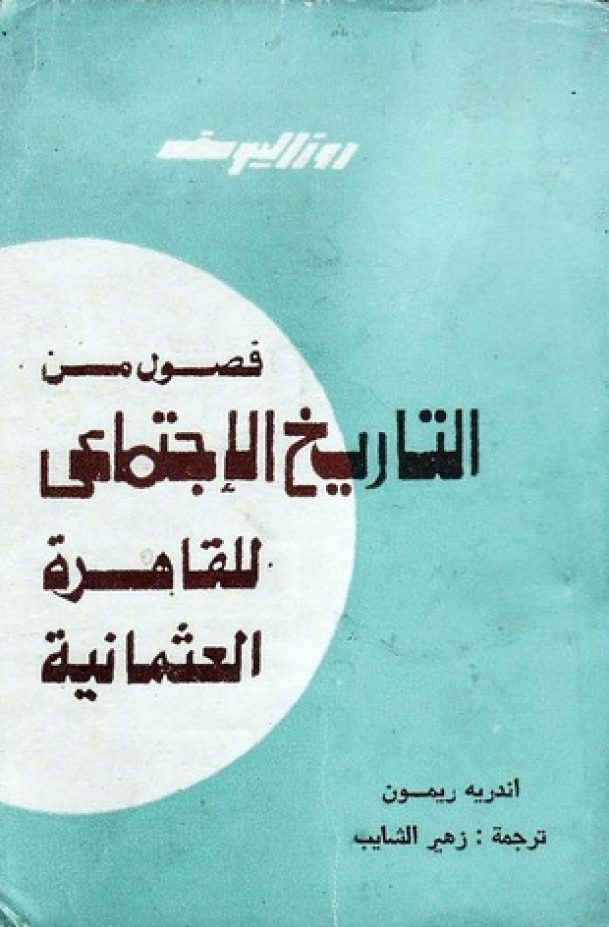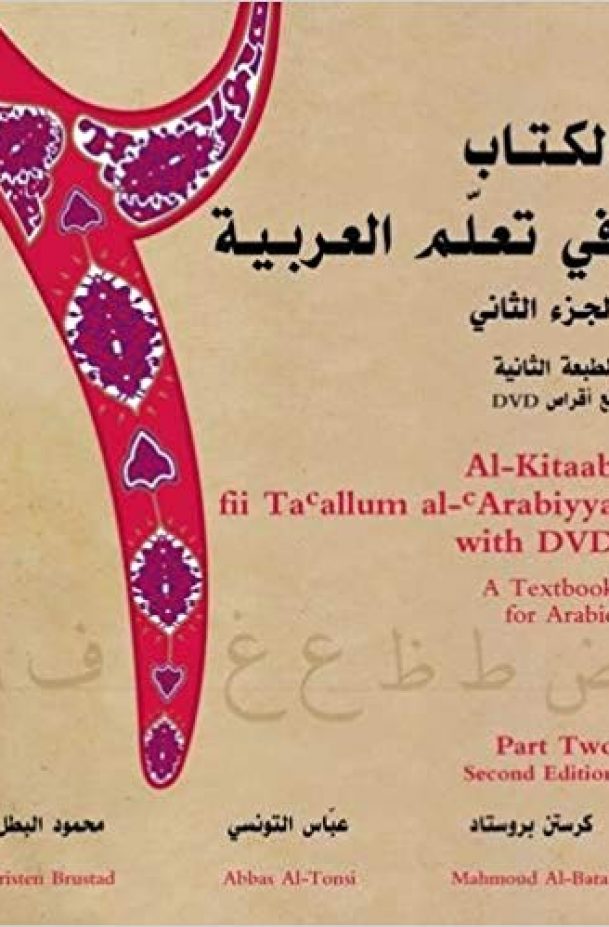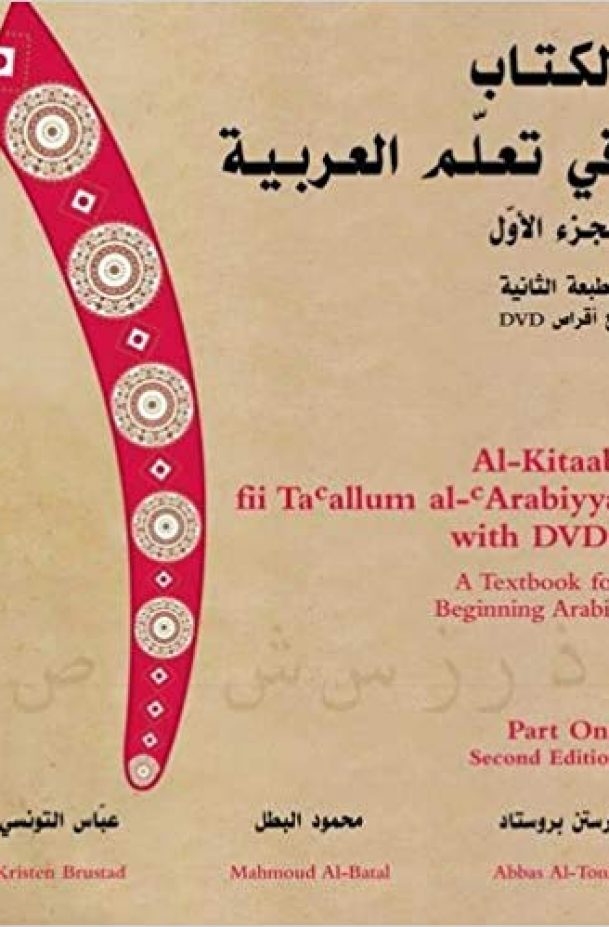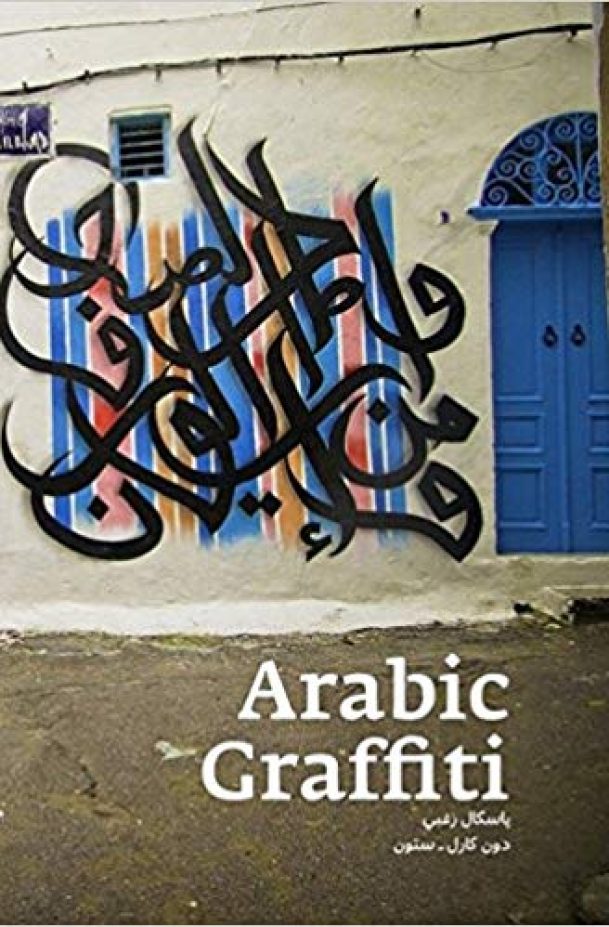Synopsis
As the spokesperson for the Palestinians in the Occupied Territories, Hanan Mikhail-Ashrawi has become the most recognized and most articulate voice of their struggle. The world turns to her to make sense of the often conflicting attempts at peace in the Middle East as much for her clarity and vision as for her actions and experience. When the intifada began, Hanan Mikhail-Ashrawi was at the front lines, trying to reason with the Israeli soldiers and to articulate the feelings of an occupied, and troubled, nation; when peace talks were initiated, she brought the human element into the increasingly complex diplomatic meetings; and when Arafat and Rabin shook hands on the White House lawn, she had worked out the last-minute details that finally made it possible.
Now, in a revealing and important account, Ashrawi tells of her own struggles, as a Christian Arab woman in a Muslim, male-dominated world, torn between motherhood and the demands of her cause, and as a pivotal peacemaker in the most monumental negotiations of our lifetime. She offers an inside view of Mideast diplomacy, Arafat and the PLO hierarchy, and the thinking of the Palestinians, and she shares the emotional complexities of her everyday and extraordinary life. The daughter of a physician, a university professor herself — and a wife and mother of two young daughters — she could have found ways to avoid most of the hardship of the occupation, but instead, she chose to be part of her people’s struggle. In the midst of the heaviest fighting, when the two sides were locked in a fatal embrace, Ashrawi learned and drew great strength from her family and her intense friendships with both Palestinian and Israeli women, and quietly helped to lay the foundation for peace.
In her tireless efforts, she understood, by instinct and trial and error, when to follow diplomatic channels and when to take the back door, when to behave and when to break the rules. At the negotiating table she has pierced the iciest veneers with her keen intellect and fiery concern for human rights, and at international conferences, from Madrid to Washington, she has taken the diplomatic community and the media by storm. Still, in her every word, it is clear that her commitment is to the human — not the political — elements of nation-building.
Writing in the language of her heart, Hanan Mikhail-Ashrawi voices the most reasoned understanding of the situation in the Middle East, of the difficult road traveled, and of the perhaps more difficult road ahead.

